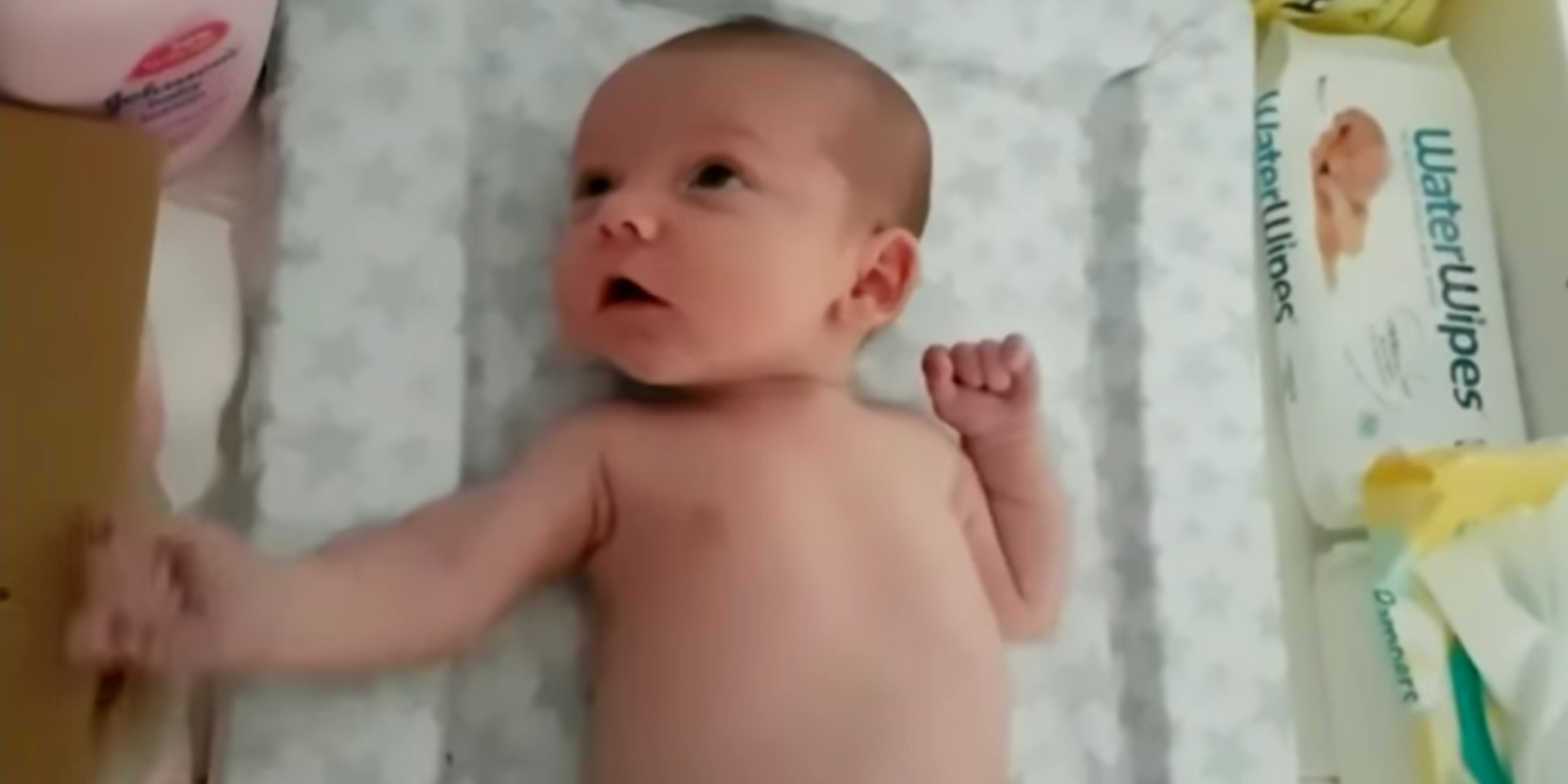11-month-old British baby Charlie Gard suffers from an extremely rare genetic condition called mitochondrial DNA depletion syndrome. Despite their son’s terminal prognosis and his doctors’ instructions, Charlie’s parents, Chris Gard and Connie Yates, want to fly Charlie to the U.S. to receive an experimental treatment from an American neuroscientist.
In a move many are calling opportunistic during a family’s tragedy, President Donald Trump and Republicans in Congress have stepped in to “advocate” for Charlie and his parents. On Tuesday night, the House Committee on Appropriations unanimously passed an amendment that would grant Chris Gard, Connie Yates, and Charlie Gard citizenship necessary to bring Charlie to the U.S. for treatment.
But there’s a catch: The amendment is tacked onto a bill that would provide funds for Trump’s border wall between U.S. and Mexico and ramp up immigration enforcement, Fox 8 reports. Since both issues are hotly contested, it’s very unlikely that Democrats will vote in favor of the bill—and both the House and the Senate still need to vote on it. Therefore, the odds that Charlie and his family will receive U.S. citizenship in the near future are extremely slim.
My amend. unanimously passed @HouseAppropsGOP to allow #CharlieGard & parents to become US residents so he receive critical med. treatment.
— Jaime Herrera Beutler (@HerreraBeutler) July 19, 2017
Charlie’s situation in the U.K. is just as complex as the proposed amendment in the U.S. In the United Kingdom, hospitals are ultimately given more control over a child’s fate than their parents’ right to consent. Great Ormond Street Hospital, where Charlie is currently staying, says he has “catastrophic and irreversible brain damage” and that the young boy should be taken off his ventilator.
Ultimately, the High Court of Justice has ruled that the hospital’s wishes supersede Charlie’s parents’ because the court believes that the hospital has the child’s “best interests” at heart. Doctors are essentially able to enforce the right of the patient over the right of the parent, and doctors see “dying with dignity” as Charlie’s right.
https://www.youtube.com/watch?v=KbQuNjtEnAs
In other words, Charlie would not be able to be taken to the United States without his doctors’ consent anyway. Nor would neuroscientist Dr. Michio Hirano be able to begin his treatment without their permission. In the U.K., police could call upon the Powers of Protection law to arrest Charlie’s parents if doctors believe parents could cause pain to a child by removing them from a hospital’s custody.
Earlier this week, Dr. Hirano flew to London to discuss his experimental treatment with Charlie’s doctors. The discussion, which lasted five and a half hours, did not change the hospital’s point of view. Neither did Trump’s offer to aid Charlie.
If we can help little #CharlieGard, as per our friends in the U.K. and the Pope, we would be delighted to do so.
— Donald J. Trump (@realDonaldTrump) July 3, 2017
Charlie’s case has become significantly politicized in the United States, especially in light of Republicans’ most recent attempt to repeal and replace Obamacare. Conservatives view Charlie’s situation as proof that a single-player healthcare initiative would lead to the government making life and death decisions about American children.
https://twitter.com/dbongino/status/886727406404464640
I stand with #CharlieGard & his parents. Health care should be between patients & doctors—govt has no place in the life or death business.
— Paul Ryan (@SpeakerRyan) July 13, 2017
No hospital, no gov’t has the right to deny parents their chance for a medical miracle. I stand with #CharlieGard
— Senator Ted Cruz (@SenTedCruz) July 10, 2017
Meanwhile, liberal Americans have argued that an American single-payer system would contrast significantly from the United Kingdom’s healthcare format. Slate’s Ruth Graham says that single-payer healthcare could be designed to tackle the moral and ethical dilemmas that the U.K.’s government struggles to comprehend.
“The question of what a society owes its most vulnerable citizens could also point directly to a moral argument for a robust, protective health-care system that takes dignified care of every citizen, not just those who can afford it,” Graham states, criticizing conservatives who prefer to maintain the status quo. “[It’s] as if intervening in one complex and tragic case is heroic, but building a system that would prevent the suffering of many more is intolerable overreach.”
Update July 24, 9:25am CT: Charlie’s parents have decided to end their legal battle over treatment for their son, the Associated Press reports. They withdrew their appeal, with their lawyer Grant Armstrong noting that the 11-month-old’s condition had deteriorated so much that the treatment would no longer help him. Armstrong says Gard’s parents now “wish to spend the maximum amount of time they have left with Charlie.” Discussions over when to switch off Charlie’s life support will be held in private.
Editor’s Note: A previous version included the incorrect use of the term “euthanasia.” Charlie’s medical condition and the hospital’s wishes have been updated throughout.
